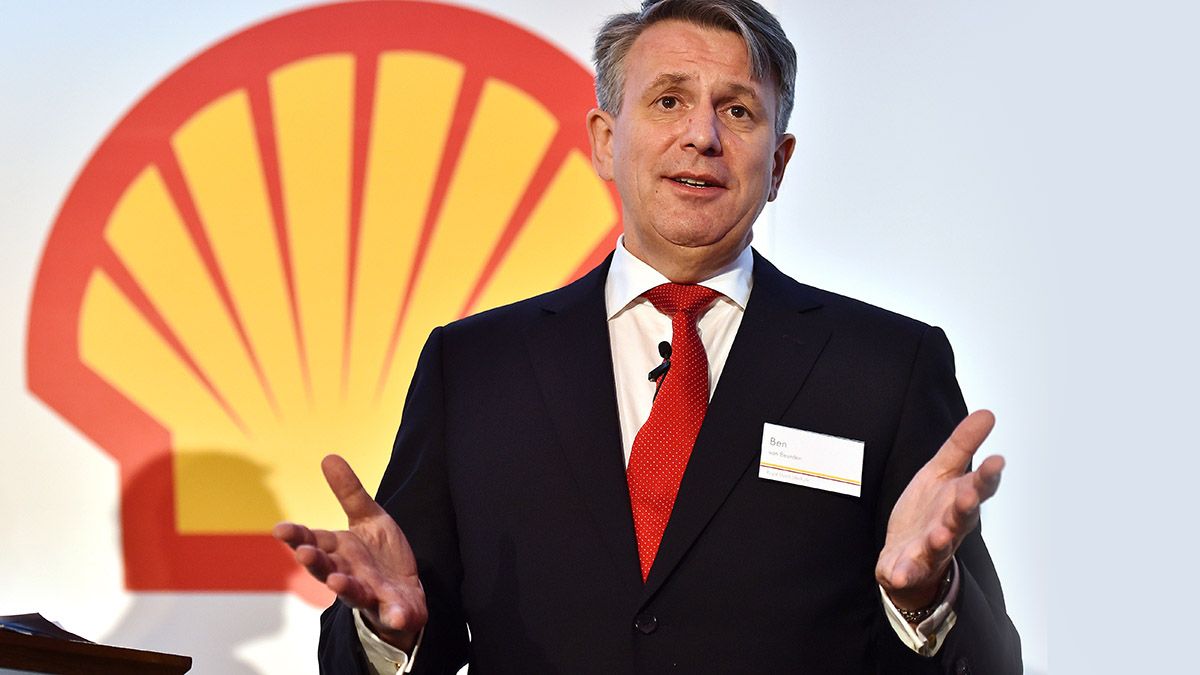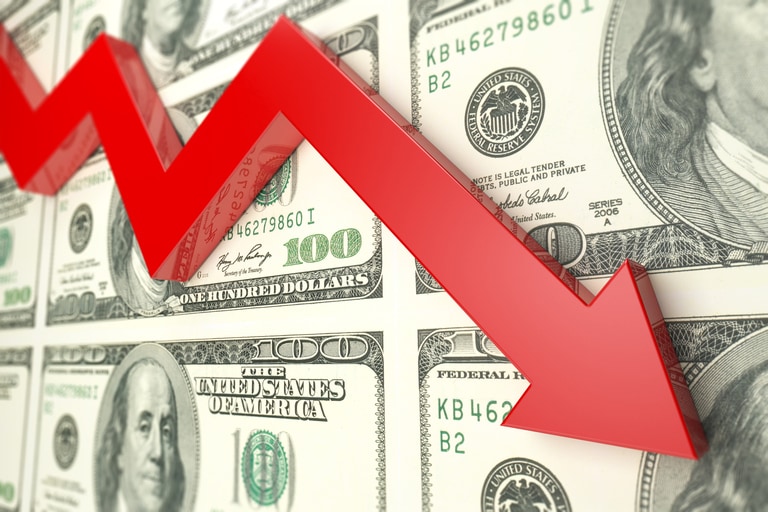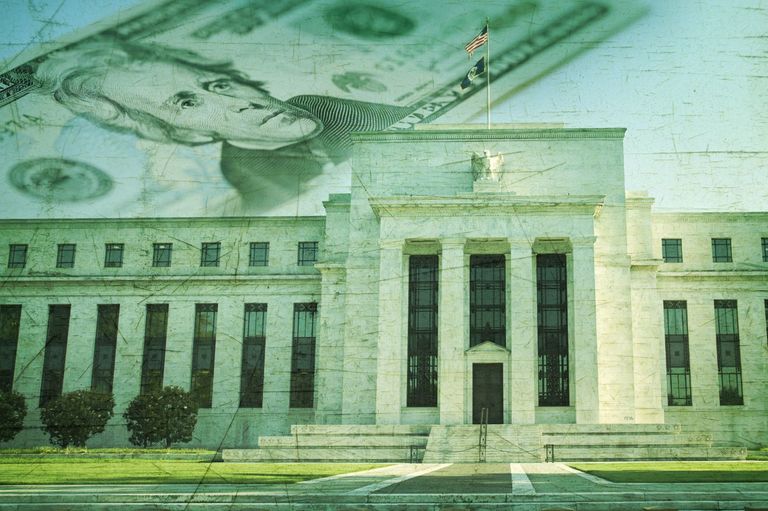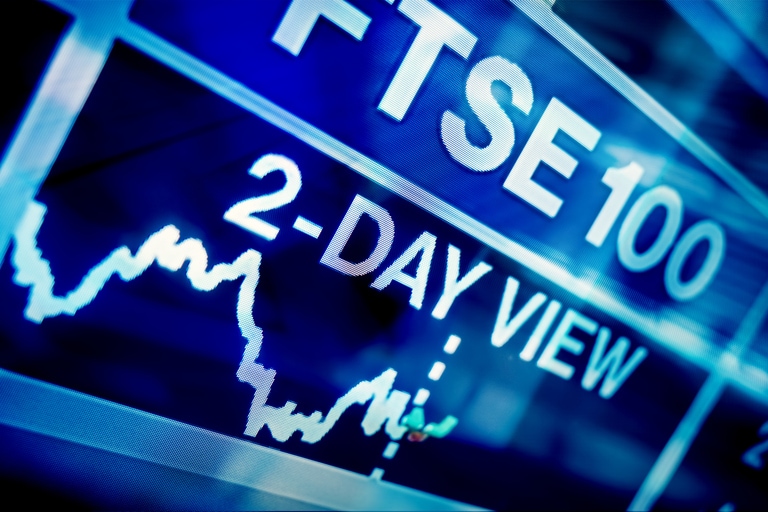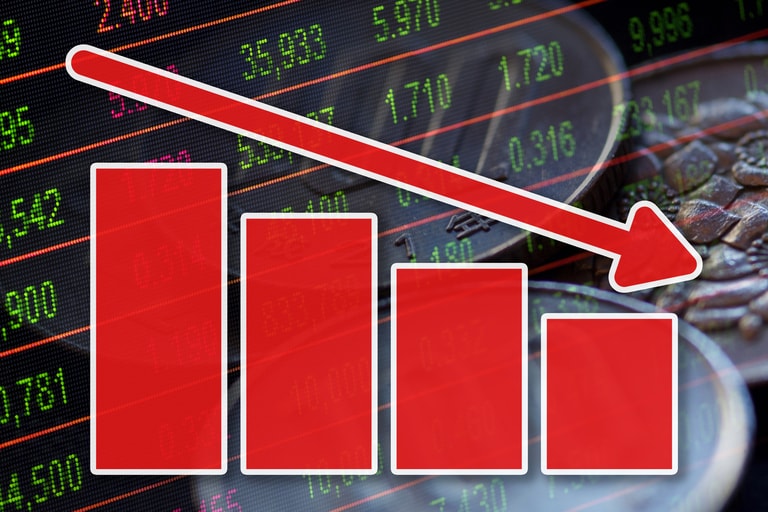Royal Dutch Shell's Q4 and full-year numbers bear out the challenges facing big oil, with the conglomerate posting an 87% fall in Q4 adjusted pre-tax year profits of $393m. On a full year basis, the pre-tax profits slumped by 71% to $4.8bn.
The recent rebound in oil prices may well have helped margins in Q4, however the various lockdowns being imposed have made that benefit somewhat moot given that lower demand has seen cashflow from operations fall by 39% to $6.3bn, as lower production volumes acted as a drag on the business.
In terms of its debt levels, while the company has taken steps to reduce it the from the levels a year ago when it was at $79bn, the levels have edged back up in Q4 to $75.4bn, from $73.4bn at the end of Q3, pushing the gearing up to 32.2%. This is higher than the 29.3% a year ago.
Shell share price still recovering after nightmare 2020
The Shell share price hit its lowest levels since the mid 1990’s last year as a combination of a plunging oil price, and the huge drop in demand caused by the pandemic cast doubt on the company’s ability to manage the challenges posed by the events of the last 12 months.
While we’ve seen a decent recovery since then, the Shell share price is still sharply lower from a year ago with little likelihood of a turnaround if today’s results are any indication of a direction of travel.
With air travel grounded and populations confined to their immediate area, the ability of these huge companies to adapt to the prospect of having to restructure their business to a lower demand world as well as adapt to an accelerated green agenda would pose challenges for an ordinary business, let alone one that relies on fossil fuels to power its business model.
Shell has certainly done the better job in tackling its various legacy issues, or stranded assets, starting to take impairment losses at the end of 2019. Unlike BP, they cut the dividend early, for the first time since 1945, from $0.47 a share to $0.16 a share, as well as rolling up its buyback programme.
Shell looking to a greener future
Earlier this week BP offered a leading indicator, if one were needed, to the challenges of migrating to a greener business model reporting a $5.7bn annual loss.
To its credit Shell grasped the nettle of the dividend very early on by cutting the dividend in the early part of last year as CEO Ben van Buerden took on the task of pushing the business towards a more climate friendly business model.
Shell has said it wants to reduce greenhouse gas emissions to net zero by 2050, or sooner, as has BP, and while their aims are more ambitious than the likes of Exxon and Chevron, the reality is they could be forced to cut quicker if governments push the industry towards more climate-friendly policies.
To that end, this deadline could well change in the face of environmental pressure, and it will be up to Shell CEO Ben van Buerden, as to how Shell goes about tackling the issue of transitioning away from fossil fuels towards renewables, at a pace that keeps the competing claims of shareholders and climate activists happy.
There is also the risk of government intervention as politicians come under increasing pressure to discourage fossil fuel usage, and drive investment in renewables.
Increased spending on energy projects
In June last year, the company went further and wrote down the value of its assets by up to $22bn, before posting an $18bn loss in its Q2 numbers. This was then followed up in October by taking another $1bn and $1.5bn in impairment charges in Q3, as well as slashing thousands of jobs, though it did nudge the dividend up to $0.1665 a share. The company has said it will devote 10% of its yearly spending to energy projects by 2025, though this could well increase in the years to come.
The company also seems to be following in BP’s footsteps investing in the electric vehicle charging network with its purchase last week of Ubitricity, owner of the largest public charging network for electric vehicles in the UK, with a 13% market share.
Shell already has electric charging points at 430 of its service stations around the UK, with this purchase expanding that network into street infrastructure, like lamp posts. They need to do more and accelerate this further.
Results still disappointing in 'extraordinary year'
Whichever way you look at it these Q4 numbers are disappointing; lower production volumes, reduced cash flow and a rise in net debt. While CEO Ben van Buerden may point to a “extraordinary year”, and the implementation of tough but decisive actions, the reality is there’s not a lot to cheer in these numbers.
It therefore seems a strange decision, when cash flow is tight and demand is still difficult, to commit the company to a “progressive” dividend policy by raising the payout again with a pledge to increase it by 4% in Q1 to $0.1735c. It seems an odd way to demonstrate one’s priorities at the same time as cutting back on capex, which fell to $18bn in 2020.
Disclaimer: CMC Markets is an execution-only service provider. The material (whether or not it states any opinions) is for general information purposes only, and does not take into account your personal circumstances or objectives. Nothing in this material is (or should be considered to be) financial, investment or other advice on which reliance should be placed. No opinion given in the material constitutes a recommendation by CMC Markets or the author that any particular investment, security, transaction or investment strategy is suitable for any specific person. The material has not been prepared in accordance with legal requirements designed to promote the independence of investment research. Although we are not specifically prevented from dealing before providing this material, we do not seek to take advantage of the material prior to its dissemination.
